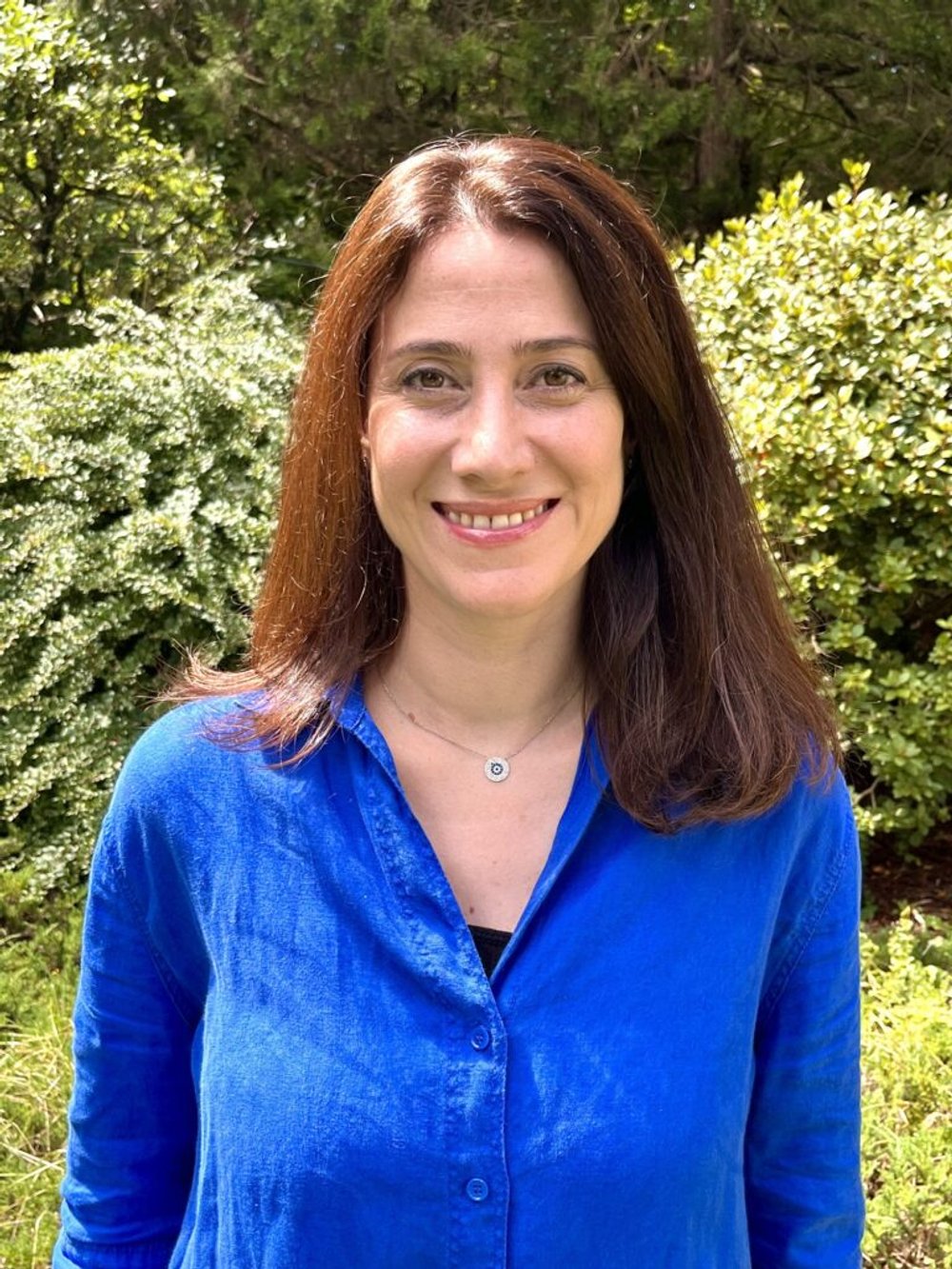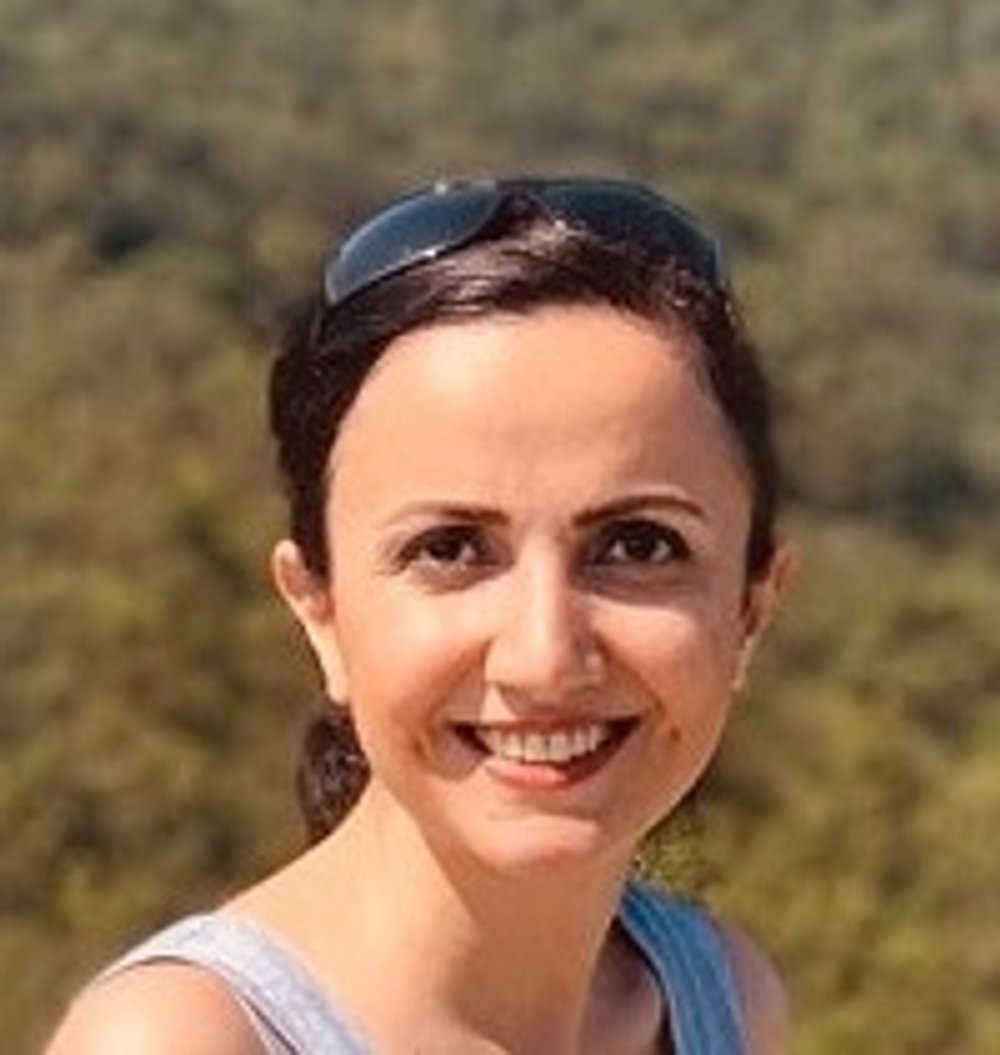
Would you like to get involved with I-GUIDE? Do you have current research or educational practices that align with I-GUIDE's mission, and are you already involved with key I-GUIDE areas, such as cyberGIS, geospatial AI, and geospatial data science?
We offer an annual opportunity to serve as UCGIS I-GUIDE Community Champions, to help expand the community reach of I-GUIDE. These individuals will be able to participate directly with I-GUIDE's activities and contribute to outreach as we pursue a range of broad impacts. Community Champions each propose to work on a small-scale project of their own design that would align with that year's proposed I-GUIDE focal areas, and receive a $3000 stipend in return!. You can learn about our cohorts below.
Based at the University of Illinois Urbana-Champaign (UIUC), the Institute for Geospatial Understanding through an Integrative Discovery Environment (I-GUIDE, iguide.illinois.edu), is pursuing advances to transform geospatial data-intensive sciences as it integrates AI and cyberGIS, reproducible data-intensive analytics and modeling, FAIR (Findable, Accessible, Interoperable, and Reusable) data principles, and innovative education and workforce development programs. Funded by NSF, this new national institute is enabling geospatial data-driven scientific discovery to better understand the risks and impacts of climate change and disasters, with a particular emphasis on food and water security.
“The goal of I-GUIDE is to revolutionize theories, concepts, methods, and tools focused on data-intensive geospatial understanding for driving innovative cyberGIS and cyberinfrastructure capabilities to address the most pressing resilience and sustainability challenges of our world such as biodiversity, food security, and water security,” said Shaowen Wang, head of the Department of Geography and Geographic Information Science at U of I and founding director of the CyberGIS Center for Advanced Digital and Spatial Studies (CyberGIS Center), leading the Institute.
Join the mailing list for regular updates and announcements! More information on the I-GUIDE webpage.
I-GUIDE is one of the five institutes that the National Science Foundation (NSF) has funded through its Harnessing the Data Revolution initiative to explore questions at the frontiers of science and engineering. Over 40 researchers from UCGIS and other universities and organizations, including Columbia University, the Consortium of Universities for the Advancement of Hydrologic Science, Inc. (CUAHSI), Florida International University, Michigan State University, the Open Geospatial Consortium, Purdue University, University Corporation for Atmospheric Research (UCAR), the University of Minnesota Twin Cities, Utah State University, as well as other partners, are actively involved with the I-GUIDE project.
UCGIS I-GUIDE Community Champions
UCGIS I-GUIDE Community Champions expand the community reach of I-GUIDE. They participate directly with I-GUIDE's activities and contribute to outreach as we pursue a range of broad impacts. These individuals each propose to work on a small-scale project of their own design that would align with that year's proposed I-GUIDE focal areas.
2025-2026 Community Champions
This year, the Community Champions will have an opportunity to develop their own instructional materials (such as a single lab exercise) that involves the use of spatial AI while it leverages the I-GUIDE Platform. The materials will involve AI-ready spatial data and related machine learning models and applications while promoting FAIR (Findable, Accessible, Interoperable, and Reusable) data principles, and responsible and open science practices. Ultimately the materials will be hosted on the I-GUIDE Platform for wider access by the geospatial community.
University of Minnesota
Yao-Yi Chang
Bridging Geography with Language Models
University of Texas at Dallas
Alexander Michels
Exploring Street-View Imagery with Computer Vision
University of Southern California
Yi Qi
Democratizing Spatial AI for Scalable Urban Tree Canopy Mapping
University of Southern California
Siqin (Sisi) Wang
Spatially-explicit Species Distribution Modeling and Prediction with Maxent
University of Tennessee at Knoxville
Qiusheng Wu
Empowering GeoAI Education through Open-Source Spatial AI Workflows
2024-2025 Community Champions
This year, the Community Champions will contribute their AI-related expertise towards our Spatial AI Challenge. Their data, models, and/or Jupyter Notebooks will be added to the I-GUIDE Platform by February 2025. These materials, and additional mentoring and consulting, will serve as helpful examples for the people participating in the Challenge. Additionally these UCGIS Community Champions will offer Virtual Consulting Office sessions or other online presentations to discuss their projects and offer guidance to those who are just beginning to work with Spatial AI.
Brown University
Seda Şalap-Ayça
Rethinking Spatial Composite Indicators with the Lens of Machine Learning
University at Buffalo
Yingjie Hu
Extracting location descriptions from disaster-related messages using geo-knowledge-guided GPT models
Texas A&M University
Xinyue Ye
Digital Twin Framework with Spatiotemporal Vision Transformers for Heat Resilience
University of Wisconsin – Madison
Song Gao
GeoAI-enhanced community detection on spatial networks using graph neural embeddings
2023-24 Community Champions
This year, the Community Champions will contribute to refining, enhancing, and applying the I-GUIDE Convergence Curriculum for Geospatial Data Science. The Convergence Curriculum for Geospatial Data Science is a flexible and integrative educational framework designed to help students, scholars, and professionals tackle complex real-world problems.
2022-23 Community Champions
For Year 2 of the project (October 1, 2022 - September 30, 2023), the focus of the Community Champions’ work will have direct relevance for the I-GUIDE Convergence Curriculum for Geospatial Data Science.
Univ. of Massachusetts - Amherst
Forrest Bowlick
Curriculum Evaluation for Convergent Geospatial Education
Cornell University
Zeynab Jouzi
Developing an Open Educational Content for the Application of Geospatial Data Science in Climate Change and Food Insecurity
Kansas State University
Shakil Kashem
Big Data and GeoAI for Urban Planning: Current Practices and Future Prospects
2021-22 Community Champions
For Year 1 of the project (October 1, 2021 - September 30, 2022), the focus of the Community Champions’ work will have direct relevance for the synergistic activities between the UCGIS GIS&T Body of Knowledge and its applications for workforce and professional development emerging from I-GUIDE activities with spatial data science.
Texas A&M University
Zhe (Sarina) Zhang
GIS&T Body of Knowledge and CyberGIS: From Educator Perspectives to Research Community Practices
The Ohio State University
Yue Lin
Location privacy and confidentiality: Towards ethical geospatial big data harnessing
Arizona State University
Peter Kedron
Creating Spatial Data Infrastructure that Supports the Development and Evaluation of Policy
















